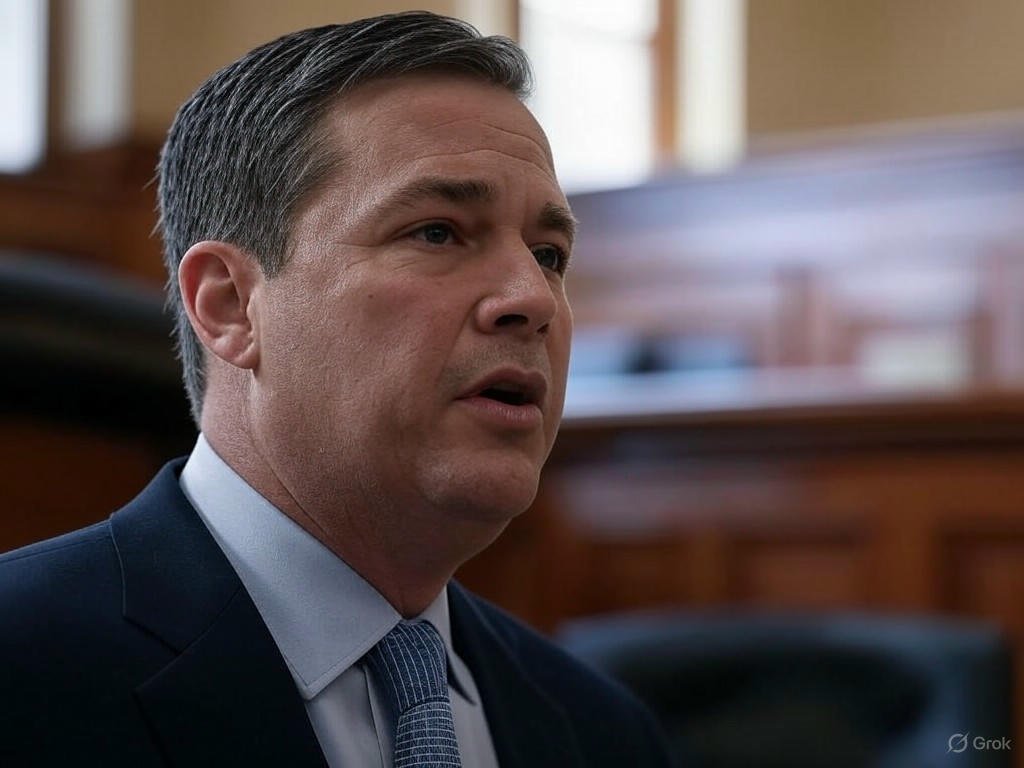

Citizen Challenges Unconstitutional Drug Prosecution
In a case that strikes at the heart of constitutional governance, Ryan Brandstrom, a father of five, faces an unjust prosecution for possession or distribution of Adderall, a Schedule II controlled substance. Charged under 21 U.S.C. 841, Brandstrom's legal battle is not just about his personal freedom but about challenging a system where executive agencies like the DEA and FDA have overstepped their bounds, merging legislative and executive powers in a manner that defies the separation of powers enshrined in the U.S. Constitution.
The ordeal began with a raid in December 2023 and an ambush in August 2024, leading to charges against Brandstrom, despite Prosecutor Bradley Endicott confirming on January 23, 2025, that there was "no reason to think [he] was dangerous." The crux of the case lies in the classification of amphetamine, which was escalated to Schedule II in 1971 by the DEA, with FDA input, under the Controlled Substances Act. This classification was further compounded in 2001 when the U.S. Sentencing Commission, influenced by the DEA, aligned the penalties for amphetamine with those for methamphetamine, despite their distinct characteristics and origins.
This alignment was based on flawed reasoning: claims of chemical similarity and similar trafficking patterns, which are unfounded as Adderall lacks methamphetamine's neurotoxicity and is primarily diverted from prescriptions, not produced by cartels. The real drivers behind this change were the DEA's concerns over abuse and a push for sentencing consistency, reflecting law enforcement's ambition rather than public necessity.
Brandstrom, facing a staggering 108-month sentence, stands as a rare individual challenging this regime, unlike the typical corporate entities that often contest such regulations. His case highlights a disturbing trend where the judiciary has passively endorsed the executive's overreach, failing to act as the necessary check on power as outlined in landmark cases like Marbury v. Madison.
The emotional toll on Brandstrom and his family is palpable, as he fights not only for his freedom but to restore a balance of power that has been skewed by unchecked executive ambition. This prosecution, rooted in an unconstitutional framework, threatens the democratic accountability that should protect citizens from such tyranny. By challenging this system, Brandstrom's case could set a precedent, ensuring that the judiciary upholds its duty to protect individual rights against the overreach of executive agencies.
This case is a stark reminder of the fragility of our constitutional protections when agencies like the DEA and FDA are allowed to play lawmaker, enforcer, and judge, all at once. It's a fight for justice, not just for Brandstrom, but for the integrity of the constitutional framework that should govern us all.
TOP STORIES





